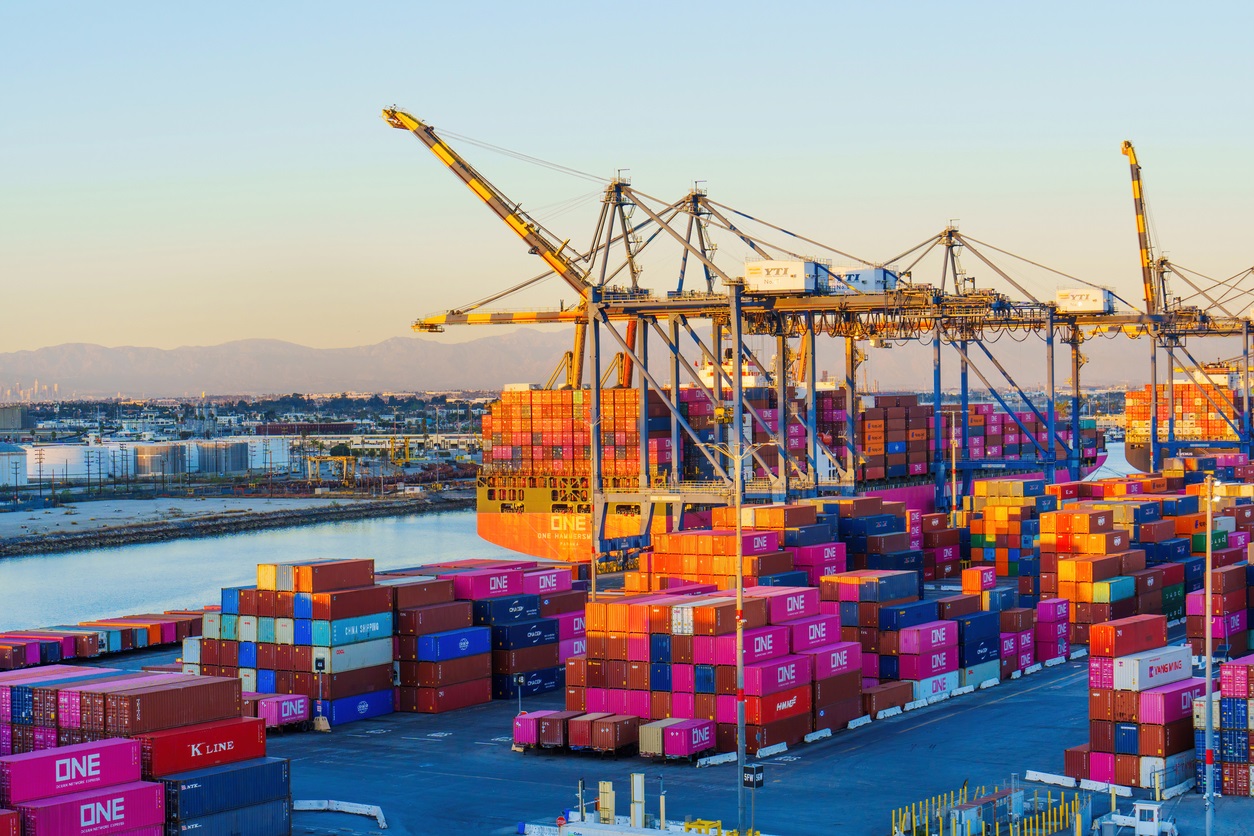Insurance agents and brokers who work with clients in the freight and logistics sector may not realize the magnitude of pollution exposures that could affect these insureds. These businesses need protection for pollution conditions caused during transportation, as well as during loading and unloading of cargo.
There are a number of target risks within this industry who need to consider environmental coverage to address potential exposures, including:
- Warehouses
- Distribution hubs
- Transload facilities
- Port facilities
- Third-party logistics (3PL) providers
- Transportation
Some Key Pollution Exposures
Spills: Whether spills occur in storage facilities or during transportation, any spills of hazardous materials can result in expensive environmental cleanup and remediation costs. Contaminants that spill or leak out of containers typically include fuel, cleaning solutions, and other chemicals. Standard property or liability policies generally do not cover subsequent costs.
Stormwater: Heavy rain at warehouses or distribution centers can result in stormwater runoff, which carries pollutants from paved surfaces or loading areas to the ground and nearby water sources. The contamination of groundwater by oil, grease, or other pollutants violates local, state, and/or federal clean water regulations. The contaminants can result in cleanup costs, fines, and hefty legal costs.
Emissions: Exceeding air quality regulations can result in penalties (and bad press). Often, equipment is diesel-powered. There are usually trucks, forklifts, and generators.
Pollution incidents can happen to businesses dealing with shippers, warehouse operators, brokers, distribution centers, port operators, and 3PL providers. And if you think only companies hauling hazardous materials need environmental coverage, think again. One of the most common misperceptions is that pollution events can only be caused by materials known to be hazardous. This is a mistake that can be very costly in the event of a release. Even products such as milk, beer, or other consumables have been associated with costly liability claims when their uncontrolled release into the environment has resulted in business interruption, fish kills, wetland destruction, or other natural resource damages. Pollution insurance policies typically have an extremely broad definition of “pollutant,” providing a breadth of coverage far beyond those generally perceived as known and regulated threats to the environment.
It’s important to really delve into a conversation about the insured’s operations to fully understand the possible issues:
- Do their freight activities include warehousing, port operations, or distribution centers?
- What kind of procedures, safeguards, and reporting procedures are in place?
- What about 3PL operators?
- Do they handle hazardous materials?
- What kind of equipment could potentially leak chemicals or fuel?
- What about emissions concerns?
Insurance professionals who can see the hidden environmental liabilities faced by freight and logistics operations can educate their clients about the risks and advise which environmental lines of coverage will protect their businesses.
Contact us to learn more about environmental liability coverage and how to protect your logistics clients.

